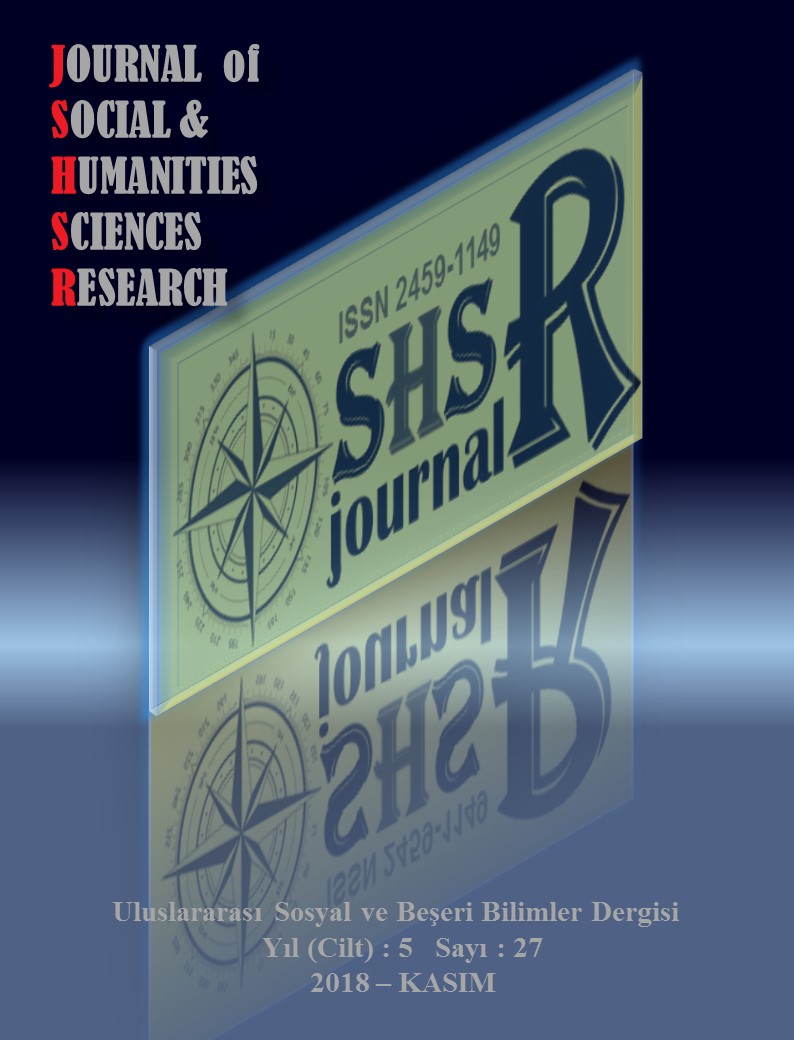A STUDY ON THE EFFECTIVENESS OF THE LAW NO. 6331 ON THE PREVENTION OF OCCUPATIONAL ACCIDENTS IN TURKEY
DOI:
https://doi.org/10.26450/jshsr.678Keywords:
work accidents, work safety, work accidents statistics, labor law 6331Abstract
Introduce: According to International Labor Organization and World Health Organization experts, accupational health and safety encompasses the social, mental and physical well-being of workers, that is the whole vocations.
The main purpose of occupational health and safety work is to protect employees' mental and physical health from the negative effects of workplaces, to take measures against occupational accidents and to ensure that they work in comfortable and safe environments.
With this study, it is aimed to examine the efficiency of the related law by comparing the occupational accidents occurred in the process before and after the entry into force of Law No. 6331 in terms of quantity and quality.
Methods: The cross-sectional survey model was used as the research method. Cross-sectional screening is a type of descriptive survey study in which data are collected at a single time.
Results; It is observed that the expectations for the reduction of the number of occupational accidents are not met. In this context, it is considered that all the stakeholders of occupational health and safety do not fulfill one or more of the responsibilities of the state, employers and employees.
Discussion; It is observed that the expectations for the reduction of the number of occupational accidents are not met. In this context, it is considered that all the stakeholders of occupational health and safety do not fulfill one or more of the responsibilities of the state, employers and employees.
Conclusion: According to the official statistical data before and after the labor law numbered 6331, the reason for the increase in the frequency of work accidents and occupational accidents should be examined and questioned.
Downloads
Published
How to Cite
Issue
Section
License
Copyright (c) 2018 INTERNATIONAL JOURNAL OF SOCIAL HUMANITIES SCIENCES RESEARCH

This work is licensed under a Creative Commons Attribution 4.0 International License.


